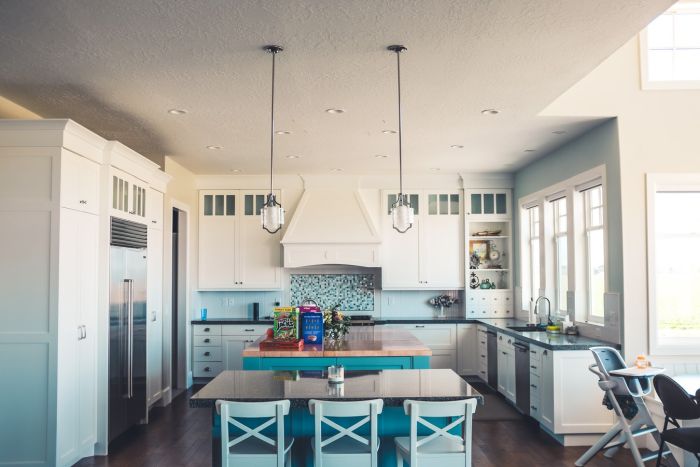If you’re an Australian citizen living and working overseas, it’s still possible to get a home loan to buy property in Australia. Living and working overseas for a year or more is a rite of passage for several Australians, and although your career or personal life has taken you overseas for a time, there’s a good chance that you still call Australia home. But what happens if you’re an Australian citizen living and working abroad, and you would like to take out a home loan to buy property in Australia? Do lenders offer home loans to Aussie expats and will you be able to get a competitive rate? The good news is that a wide variety of banks and non-bank lenders offer Australian expat home loans. However, there are certain terms and conditions attached to these mortgages that you simply be aware of before you apply for a loan. You can apply for an Australian home loan to buy property or to refinance an existing loan. This type of lending is often referred to as expat lending, and whereas some banks won’t provide mortgages to Australians living abroad, there are plenty of lenders that can offer the financing you need Home loans available to Australian expatriates: A line of credit: A line of credit loan provides you with access to the equity in your home or investment properties up to a pre-approved limit. You access the funds as you would like to. The rate of interest on a line of credit loan is typically a variable rate and repayments are interest-only. Standard variable rate home loans: Standard variable rate loans are Australia’s most famous type of home loan. The interest rate changes throughout the loan term. These loans, for the most part, offer excellent flexibility, low fees and often offer features such as an offset facility, redraw facility, no limits on additional repayments and in most cases, no early payout penalties. Split loan: Joining the security of a fixed rate home loan and the advantages of a variable loan, the split loan option allows you the flexibility to pick how much money you assign to each loan type. Basic split loan ratios are 50:50, 70:30 or 60:40 over a two-way fixed and variable rate. The key consideration generally comes down to the amount of risk you want to take on the cash rate going up or down. Construction loans: If you are building your own home or investment property, a construction loan might be appropriate for you. This loan requires a fixed price building contract from a registered builder. These loans are normally interest-only for the period of building and then become principal and interest once the building is completed or, subject to negotiation, this interest only term can proceed A construction loan enables you to draw money as is required while building.






